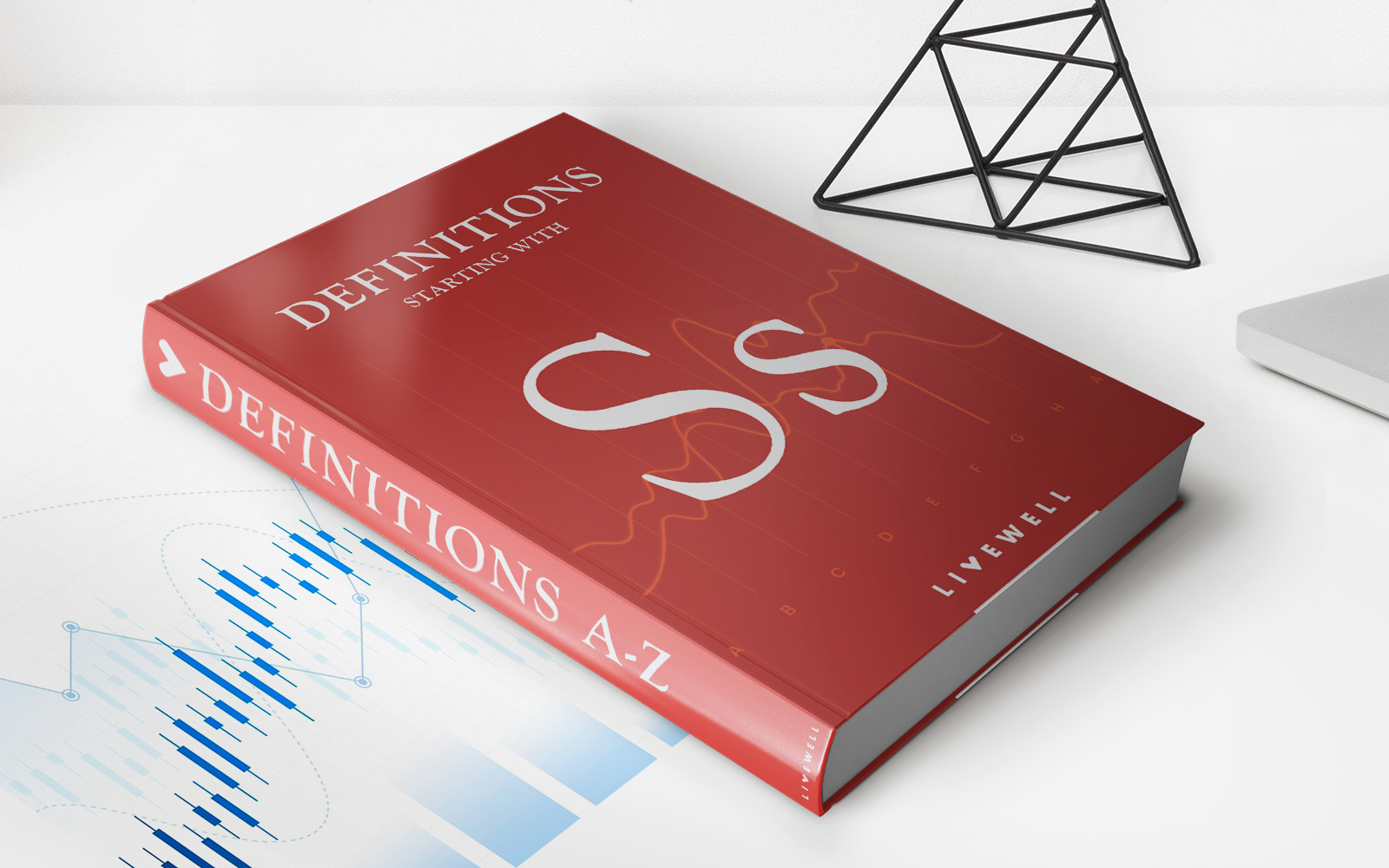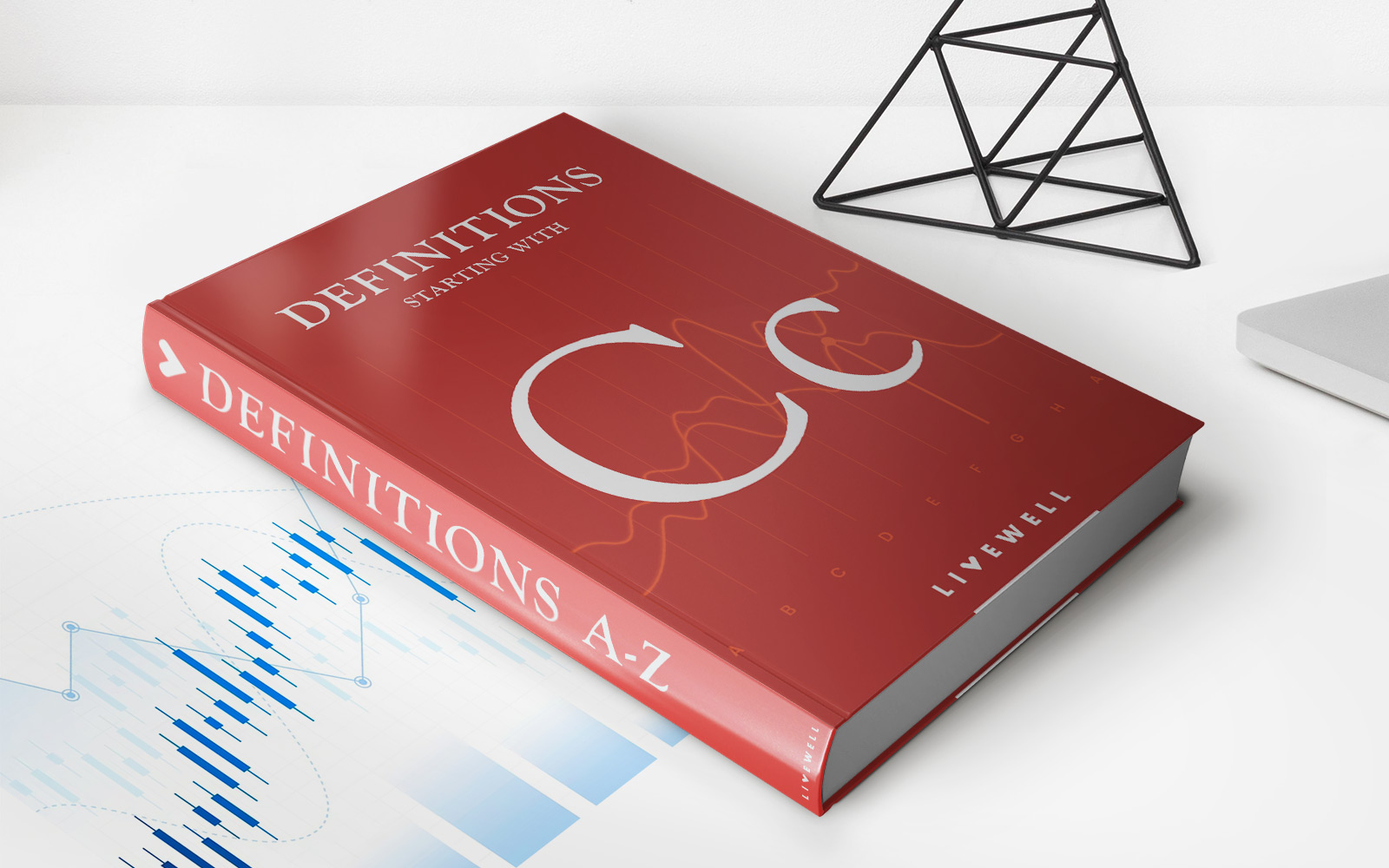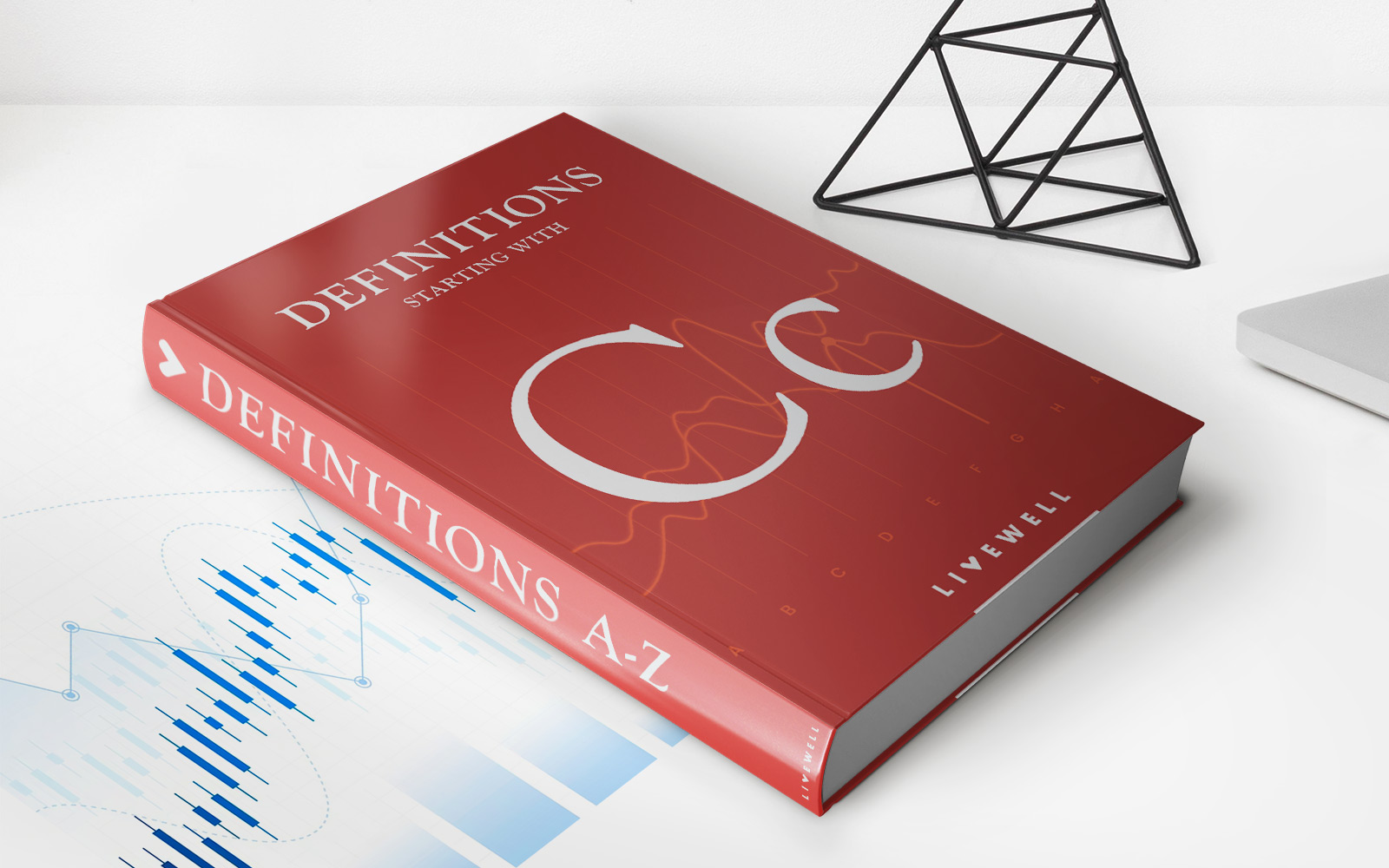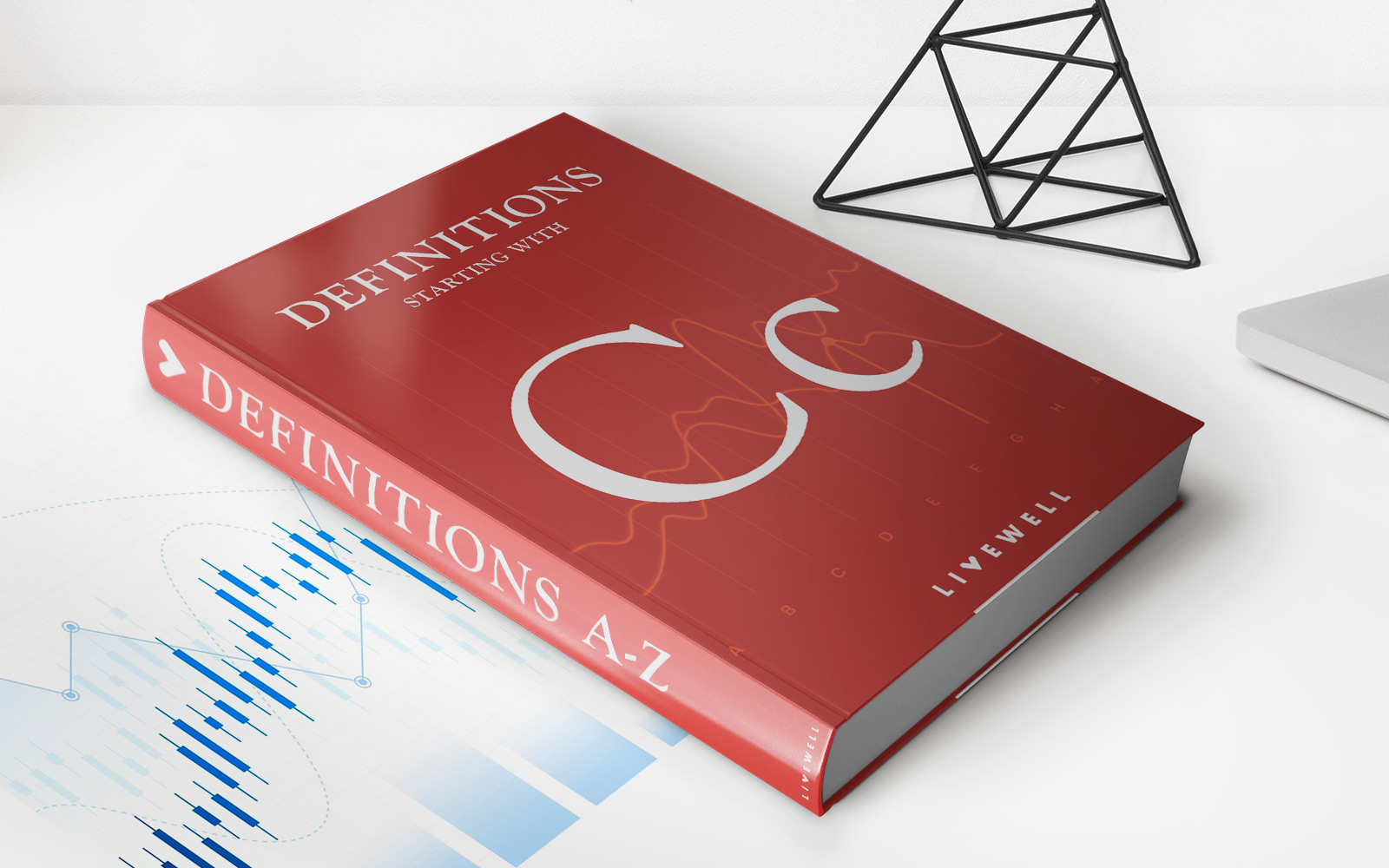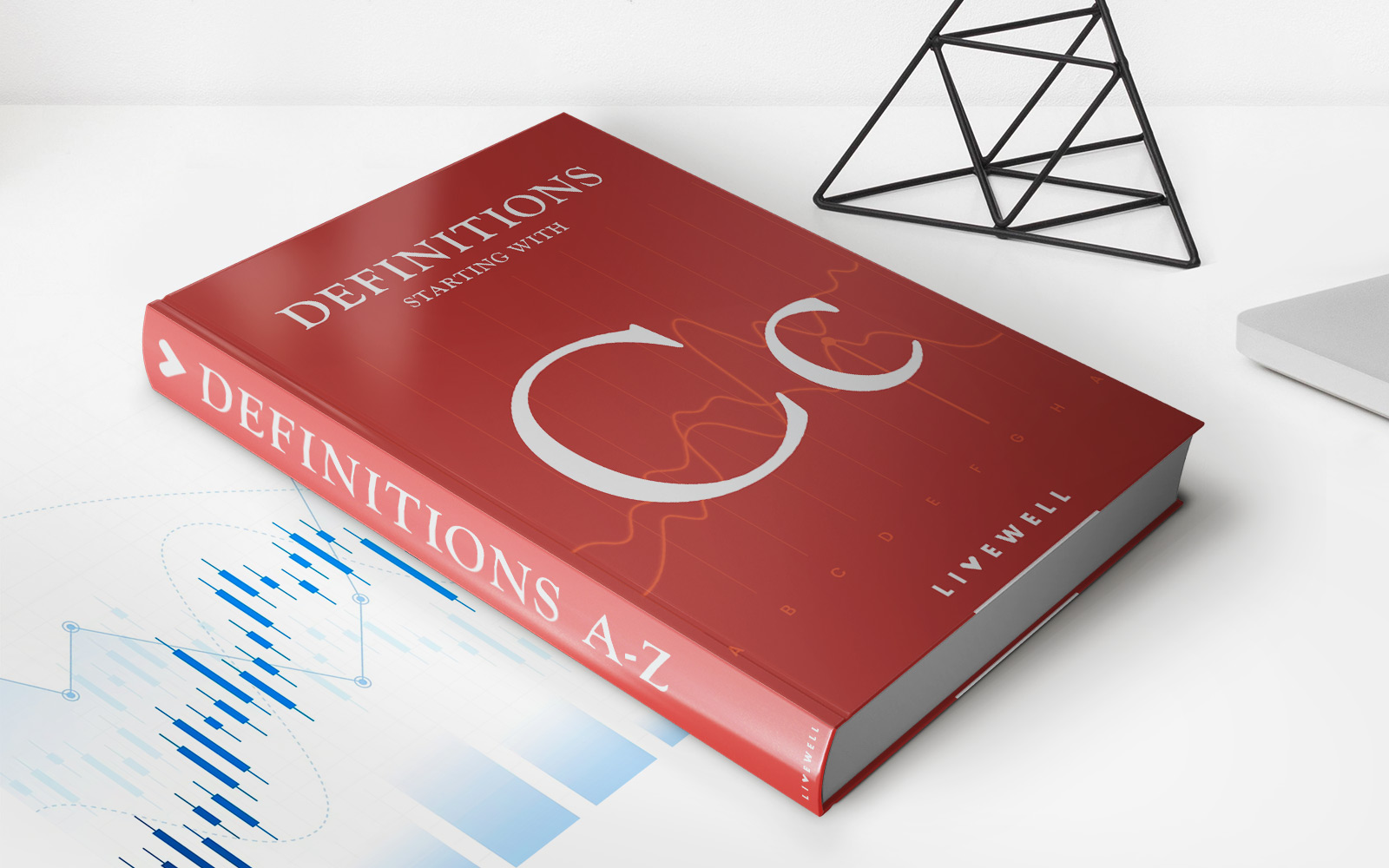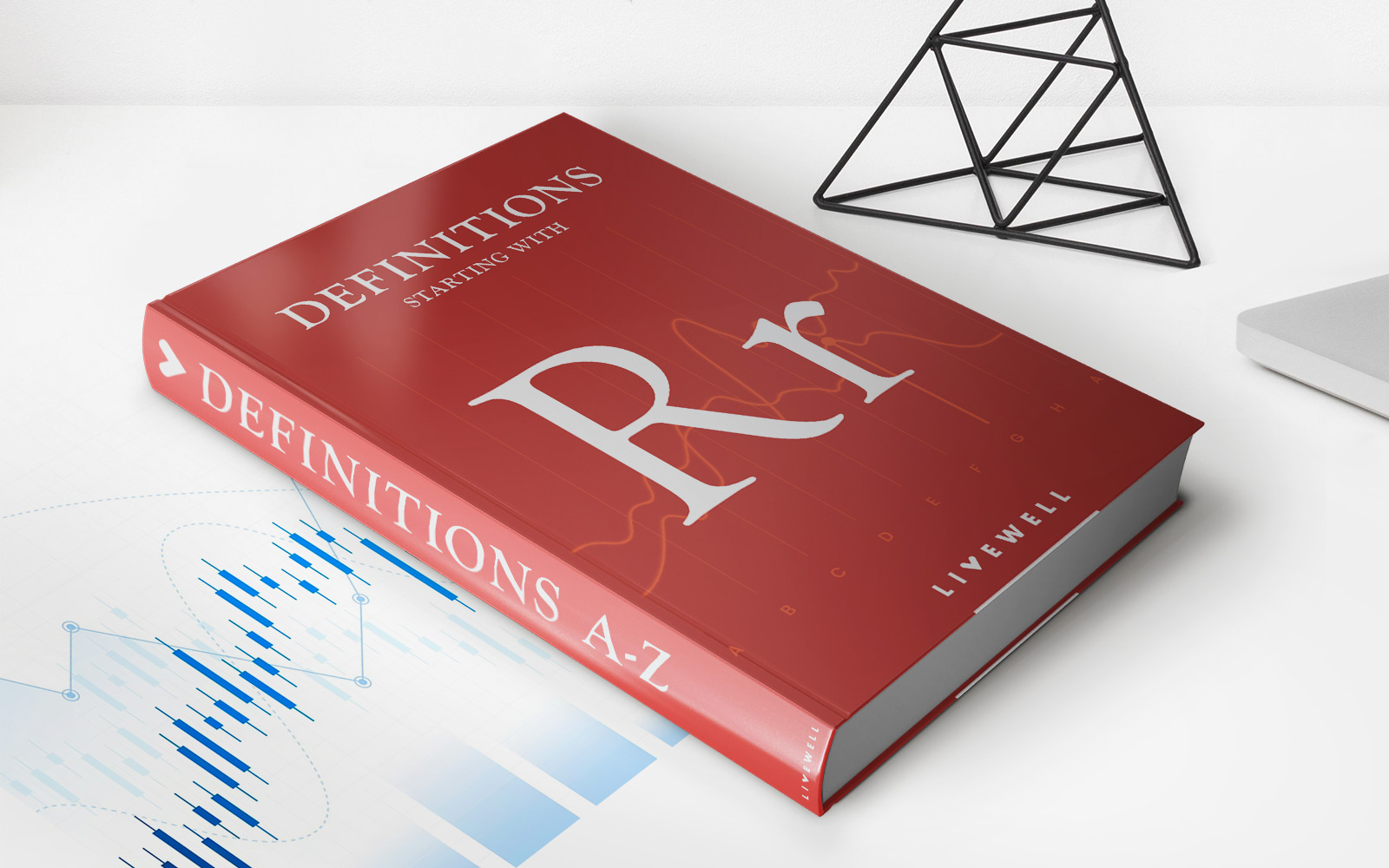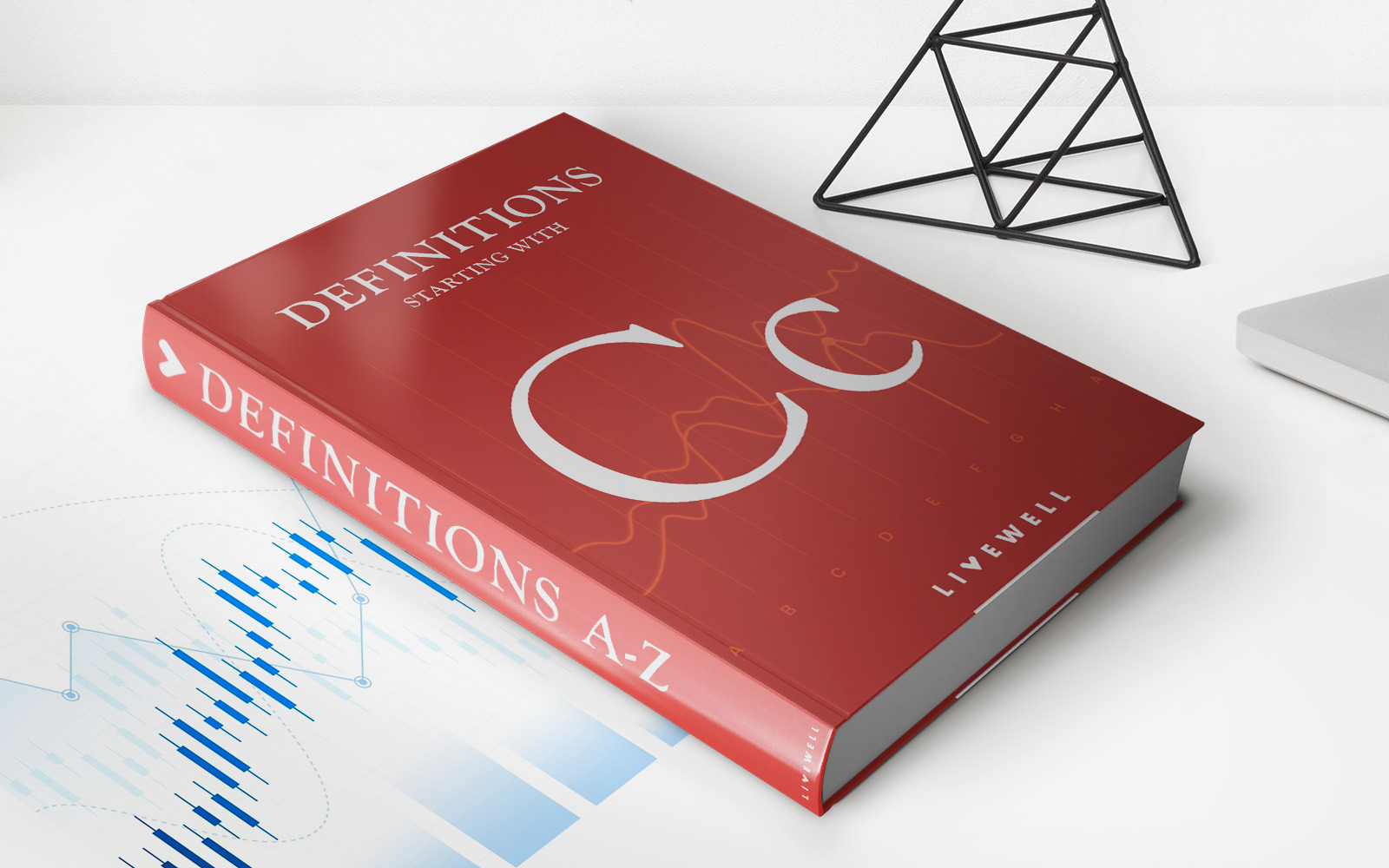Home>Finance>Consumer Confidence Index (CCI): Definition And What It Indicates
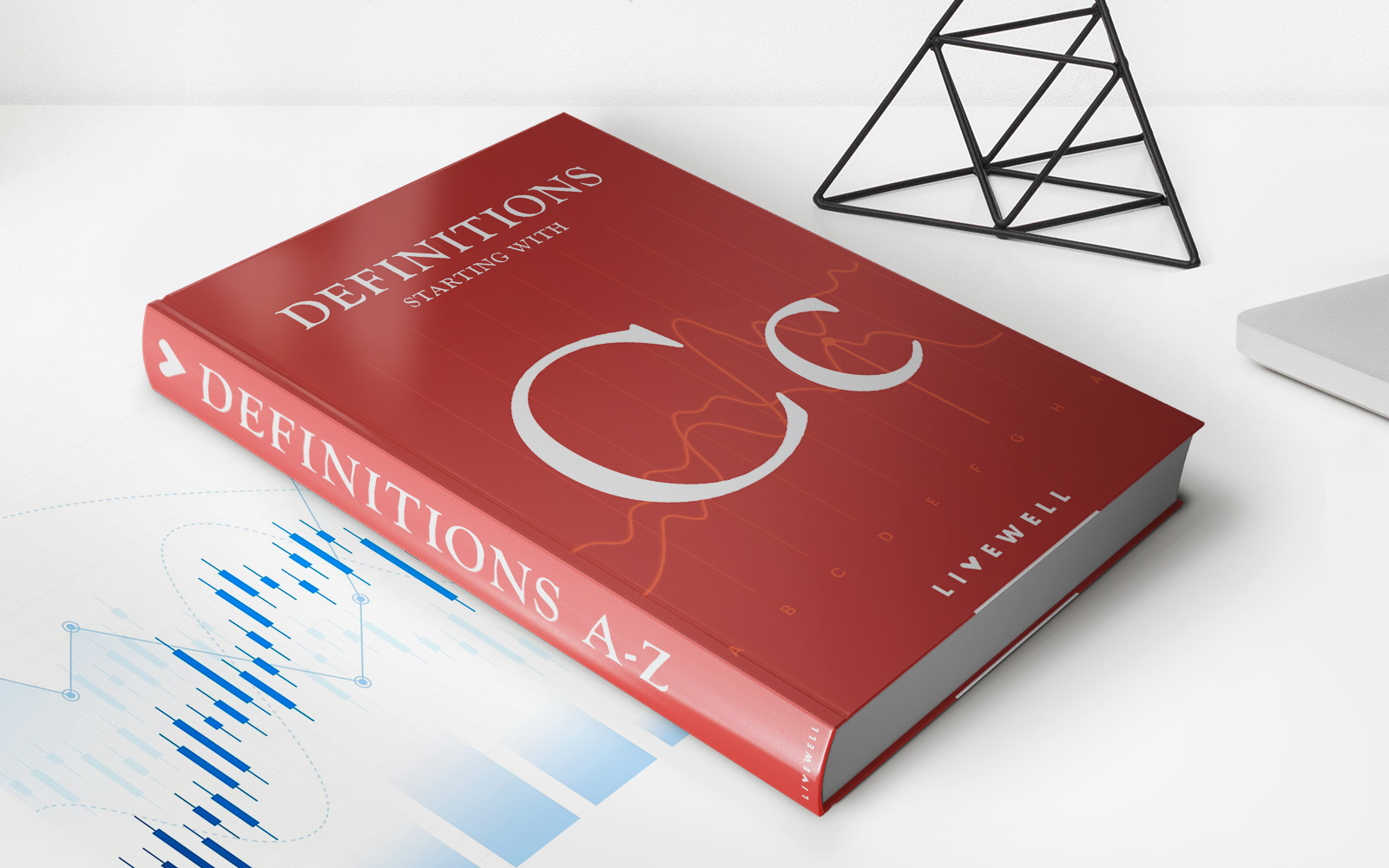

Finance
Consumer Confidence Index (CCI): Definition And What It Indicates
Published: November 1, 2023
Learn the meaning of the Consumer Confidence Index (CCI) and what it signifies. Stay up to date with the latest financial trends and insights.
(Many of the links in this article redirect to a specific reviewed product. Your purchase of these products through affiliate links helps to generate commission for LiveWell, at no extra cost. Learn more)
Consumer Confidence Index (CCI): Definition and What It Indicates
Welcome to the “FINANCE” category of our blog! In this post, we will dive into the fascinating world of finance and explore the concept of the Consumer Confidence Index (CCI). Have you ever wondered what this index means and how it can impact the economy? Well, you’re in the right place because we’re about to break it all down for you!
Key Takeaways:
- The Consumer Confidence Index (CCI) measures the overall sentiment and optimism of consumers towards the state of the economy.
- It is an important economic indicator as it reflects consumer spending patterns and can provide insight into future economic trends.
Now, let’s begin by understanding the definition of the Consumer Confidence Index. The CCI is a statistical measure that gauges the level of confidence consumers have in the overall state of the economy. It is calculated based on survey responses from a sample of consumers, who are asked various questions related to their perception of the current and future economic conditions.
So, why is the Consumer Confidence Index so important? Here are a few key reasons:
- Economic Indicator: The CCI is considered a reliable economic indicator as it provides valuable information about consumer behavior. High consumer confidence usually correlates with increased consumer spending, which is a driving force behind economic growth.
- Predictive Power: The CCI can also be used to predict future economic trends. When consumer confidence is high, it implies that people are more likely to spend money, leading to economic expansion. On the other hand, low consumer confidence may indicate a potential economic downturn.
- Investment Decisions: Investors pay close attention to the CCI as it can influence their investment decisions. A positive or negative change in consumer sentiment can impact stock markets, currencies, and other financial markets.
Now that you understand the importance of the Consumer Confidence Index, you might be wondering how it is calculated. The index is typically derived from a survey conducted by organizations, such as the Conference Board or government agencies, that ask consumers about their expectations regarding the economy, job availability, and personal finances.
Based on the survey responses, the data is analyzed and a numeric value is assigned to indicate either positive or negative consumer sentiment. Generally, a value above 100 is considered positive, reflecting optimism, while a value below 100 indicates a more pessimistic outlook.
So, what does the Consumer Confidence Index indicate? It provides insights into consumer spending patterns, which can have a significant impact on the overall economy. When consumers are confident and optimistic, they are more likely to make major purchases, such as homes or cars, as well as increase their discretionary spending.
On the contrary, when consumer confidence is low, people tend to save more and reduce their spending, which can lead to reduced sales and economic stagnation. Therefore, government policymakers, businesses, and investors closely monitor the CCI to gauge consumer sentiment and make informed decisions.
In conclusion, the Consumer Confidence Index is a valuable tool for understanding consumer sentiment and its impact on the economy. By measuring consumer confidence, this index provides insights into consumer spending patterns and can help predict future economic trends. Understanding the CCI allows policymakers, businesses, and investors to make informed decisions that can impact the overall financial landscape.
